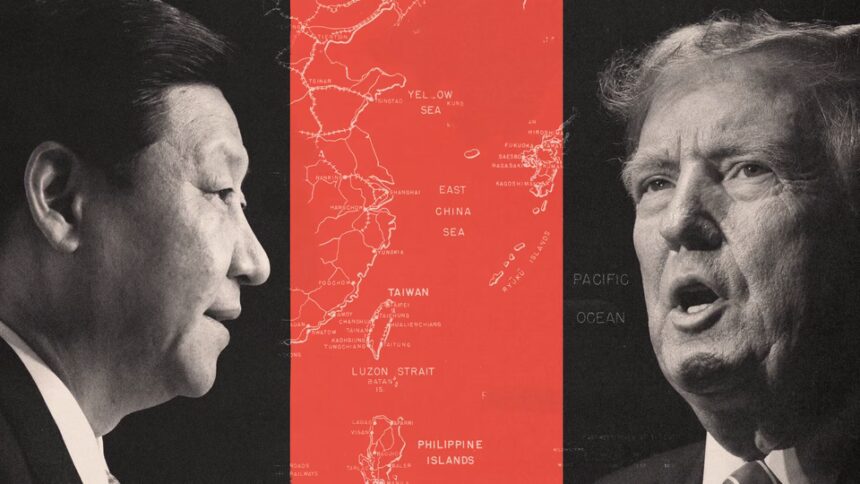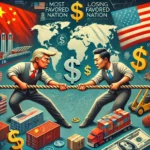Summary by Geopolist | Istanbul Center for Geopolitics:
The article explores how Donald Trump’s potential second term could lead to increased tensions in the Taiwan Strait and reshape U.S.-China dynamics. Unlike the values-driven approach of the Biden administration, Trump’s stance on Taiwan would be more transactional, emphasizing strategic and economic benefits. This shift could lead to a rise in militarization, with advisers pushing for a hardline policy toward China. Beijing would likely respond by accelerating its military preparations, heightening the risk of a major confrontation. The article warns that such developments could destabilize the region and jeopardize Taiwan’s security.
Trump’s advisers, including prominent China hawks, would likely advocate for increased U.S. military presence and alliances in the Indo-Pacific, such as further bolstering the Quad and AUKUS, to counter Chinese influence. This faction’s influence may lead to initiatives like arming Taiwan more aggressively and even pushing for a proxy conflict in the Taiwan Strait to weaken China. By focusing on strategic dominance over China, this approach risks provoking an escalation that Beijing cannot ignore.
Beijing, deeply suspicious of U.S. intentions, has already been preparing for a possible confrontation. China’s leadership views the decoupling efforts from both the U.S. and Taiwan as signs that a conflict could become inevitable. Trump’s policies, coupled with the rhetoric of his advisers, could further provoke China into accelerating its military buildup and its efforts to counter perceived encirclement by the U.S. and its allies. The article suggests that Beijing’s leaders believe that time is on their side, but an overt challenge to the status quo—such as the formal recognition of Taiwan as a sovereign state by a MAGA-led U.S.—could force a military response from China.
The biggest risk of Trump’s return, according to the analysis, is the possibility of triggering a proxy war between Taiwan and China. Trump’s team might see such a conflict as a strategic opportunity to contain China’s rise, regardless of the devastating consequences for Taiwan itself. The scenario of a militarized Taiwan Strait would be particularly precarious given the stakes involved for both the United States and China, and could lead to broader regional instability.
Overall, it highlights that Trump’s re-emergence as president might undermine years of strategic ambiguity and diplomacy that have so far kept tensions from escalating into outright conflict. With both Beijing and Washington taking increasingly hardline stances, Taiwan may find itself caught in the middle of an intensifying great-power rivalry, with its future uncertain.
Read more here.







